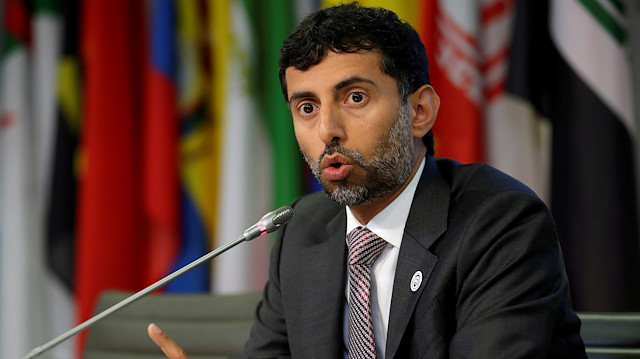
NO SUPPLY SHORTAGE SEEN
The UAE's Mazrouei said OPEC would respond to any possible oil shortages if necessary within its "limitations". But he saw no grounds for supply shortage fears, with healthy demand and global oil inventories hovering around the 5-year average.
"We are not forecasting any shortage of supply unless there is a catastrophic escalation, which we don't see," he said.
Barkindo said he was confident that leaders in the Middle East were doing everything possible to restore normal conditions.
The region was shaken last year by attacks on oil tankers near the Strait of Hormuz and an assault on Saudi energy plants that initially halved the kingdom's crude output.
Washington and Riyadh blamed their common foe Iran, also an OPEC member, for those strikes, a charge Tehran denied.
Barkindo said the forecast for global demand growth was around 1 million bpd, adding this was "not robust and not alarming".
Asked what message he would send to U.S. President Donald Trump, Barkindo told the gathering that the United States' emergence as the biggest producer of crude oil and liquid gas should carry shared responsibility for energy market stability.
"OPEC alone can't shoulder that responsibility. We invite the United States to join us in this noble objective," he said.
OPEC and its allies, a grouping known as OPEC+, has been capping production since 2017 to avert oversupply and support prices.














